Normal Worksheets for Ages 3-9 - Page 3
1636 filtered results
-
From - To
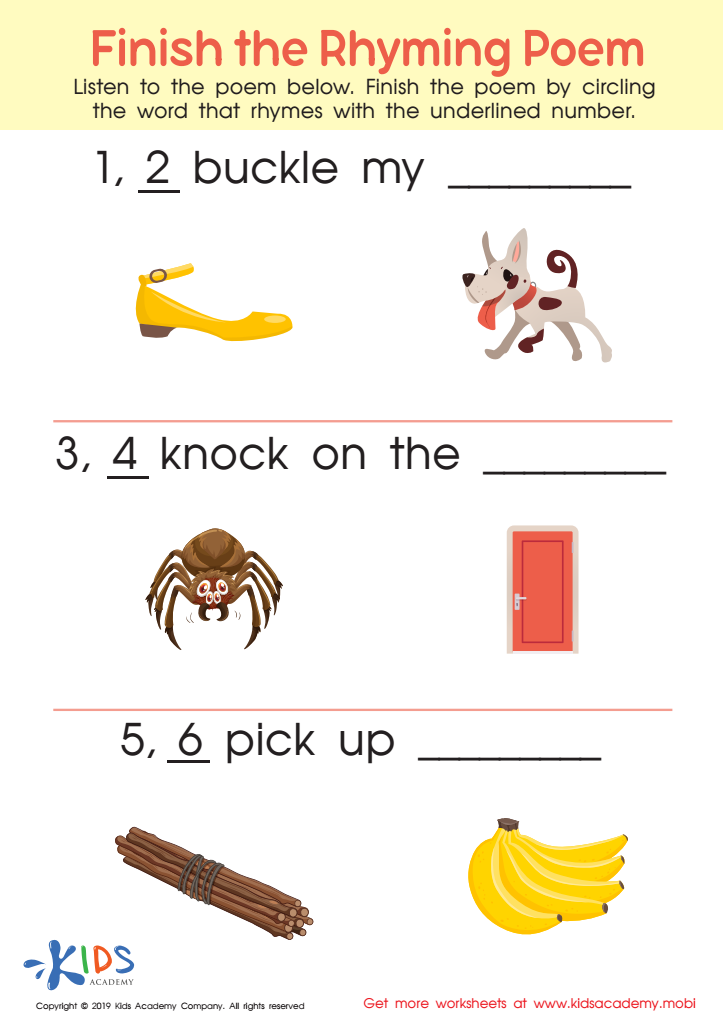

Finish Rhyming Poem Worksheet


Picture in Books Worksheet


Picture Books Worksheet


Draw a Line to the Picture Books Worksheet


Point of View Worksheet
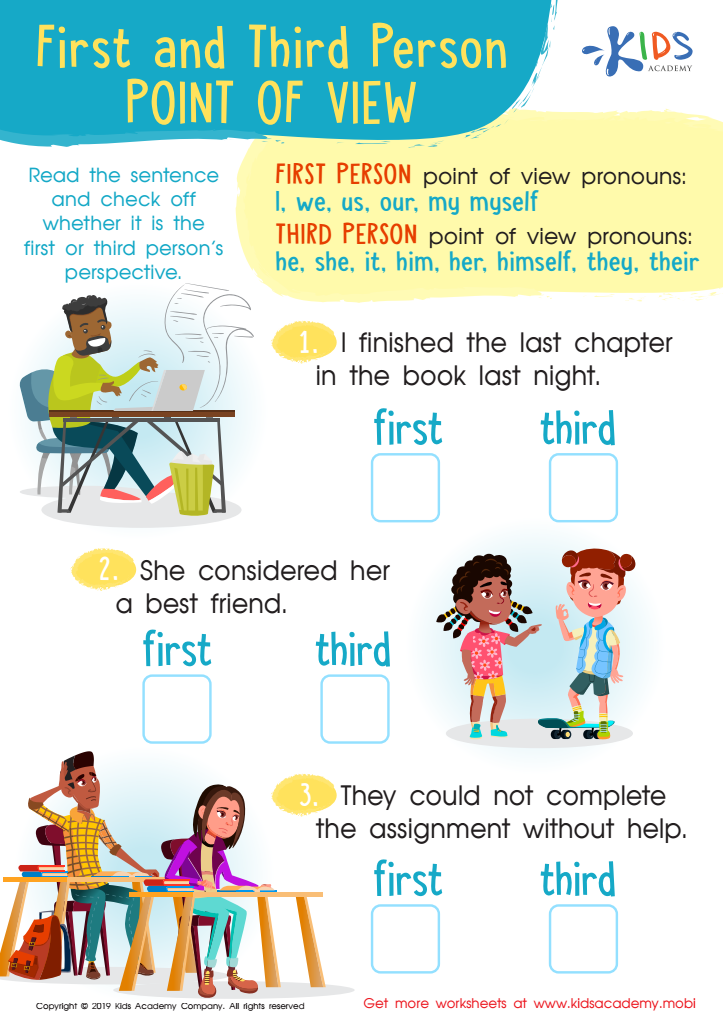

First and Third Person Point of View Worksheet
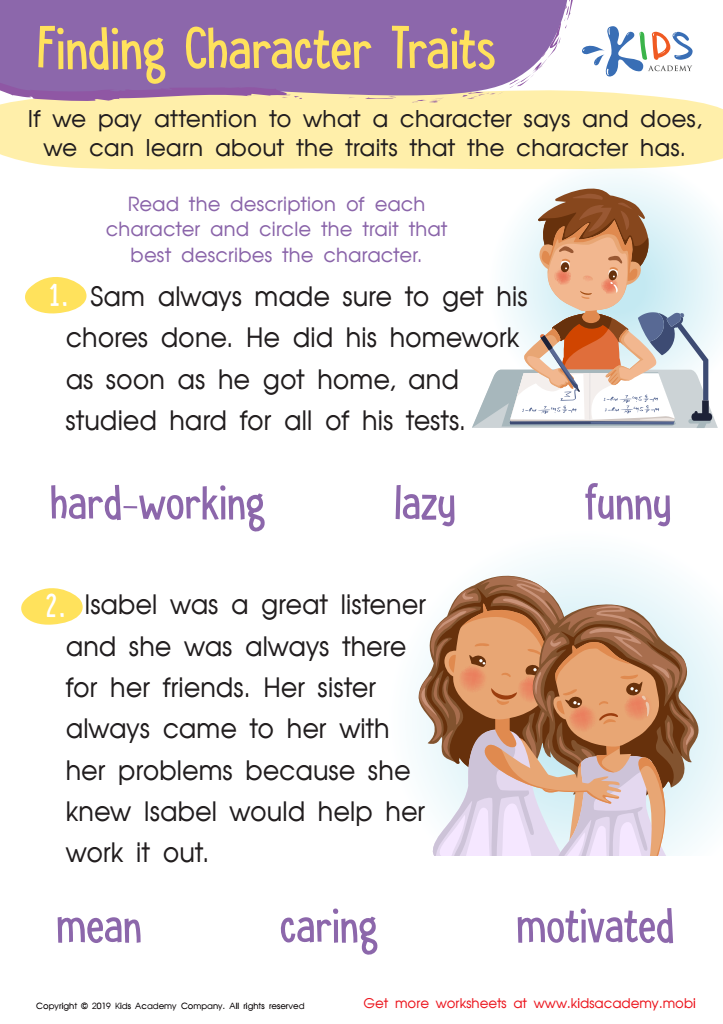

Finding Character Traits Worksheet
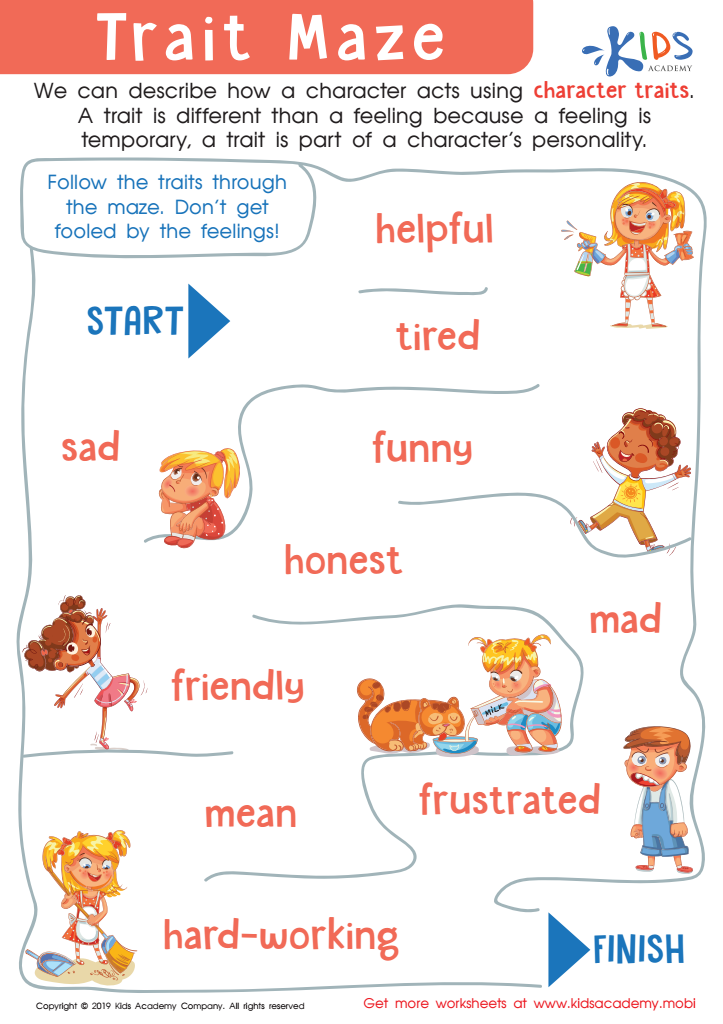

Trait Maze Worksheet


Letter Spacing Practice Worksheet
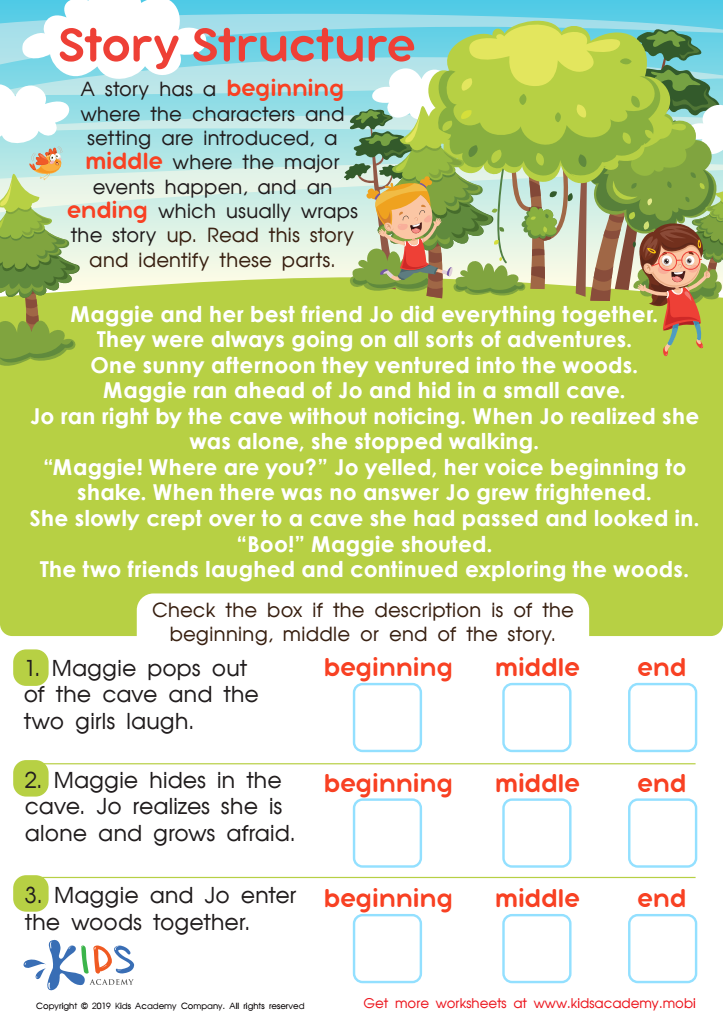

Story Structure Worksheet
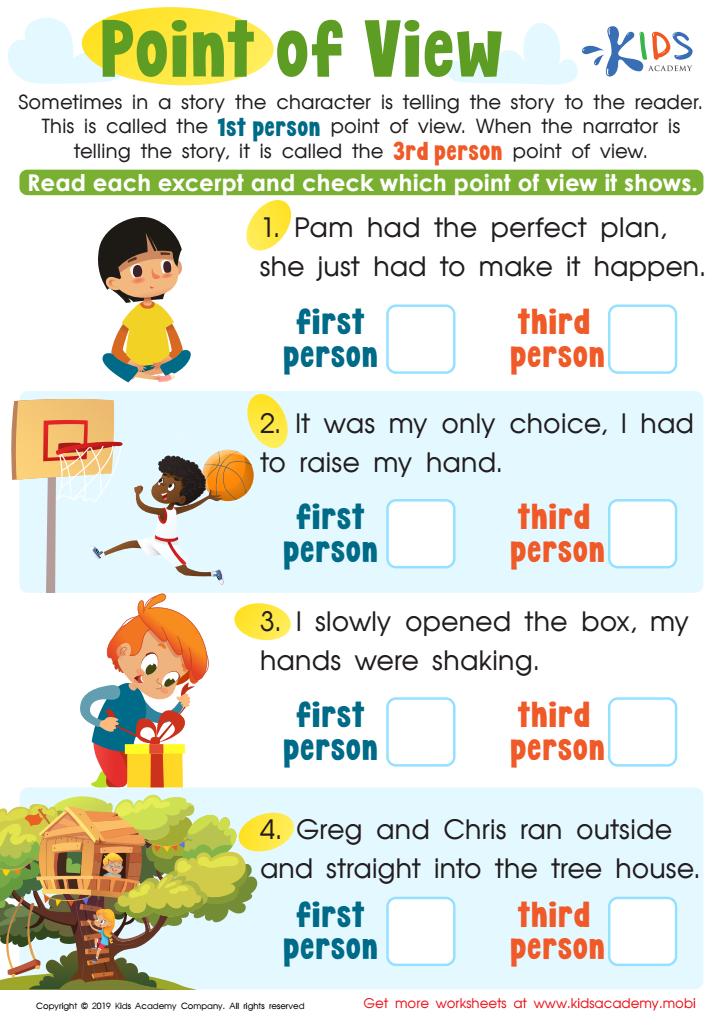

Point of View Printable


Find the Title Worksheet
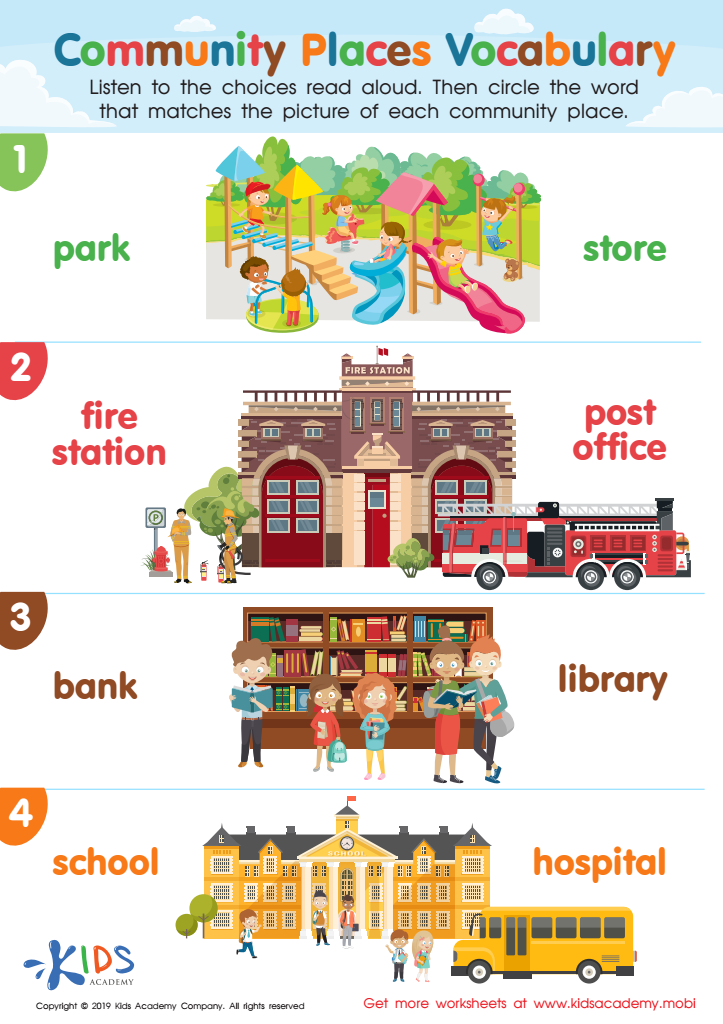

Community Places Vocabulary Worksheet
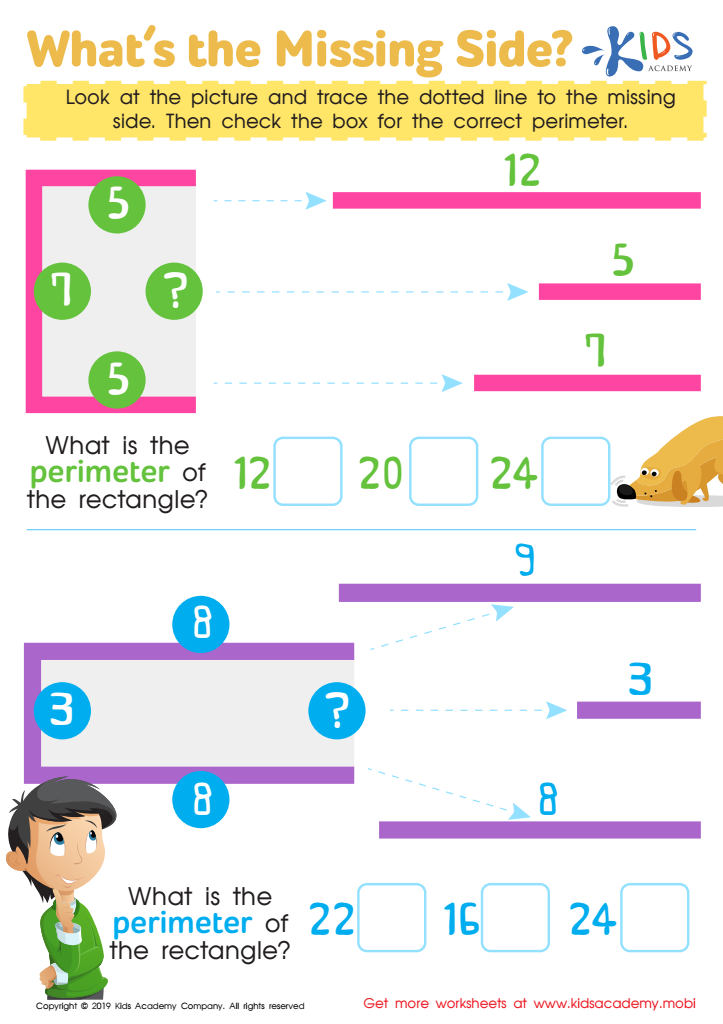

What's the Missing Side Worksheet
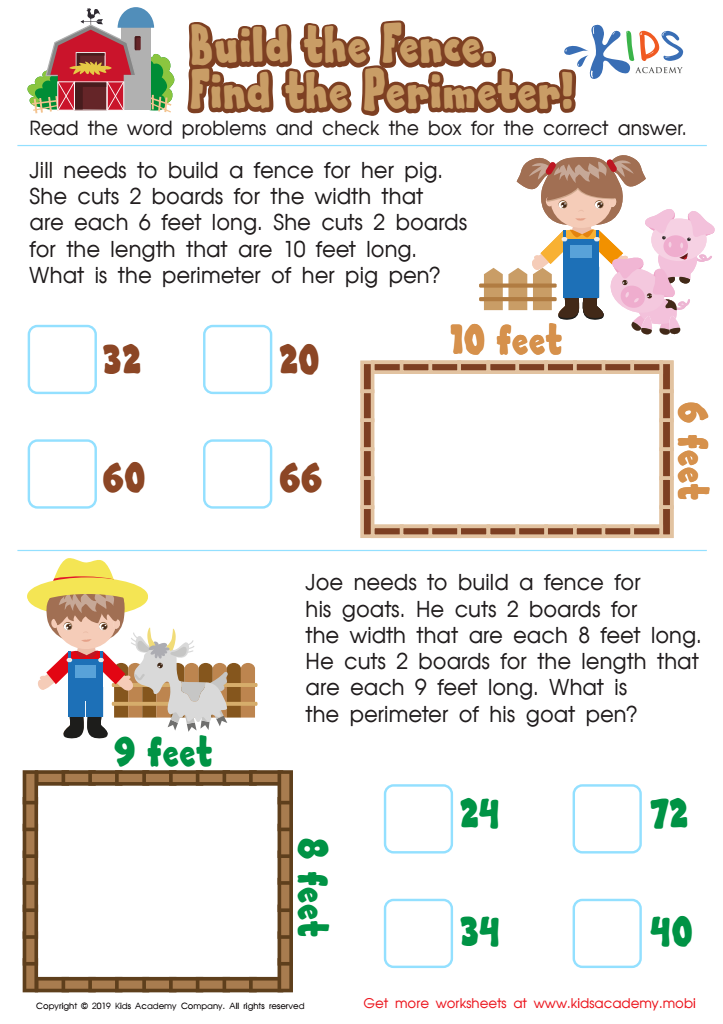

Build the Fence, Find the Perimeter Worksheet


Flag Area Worksheet
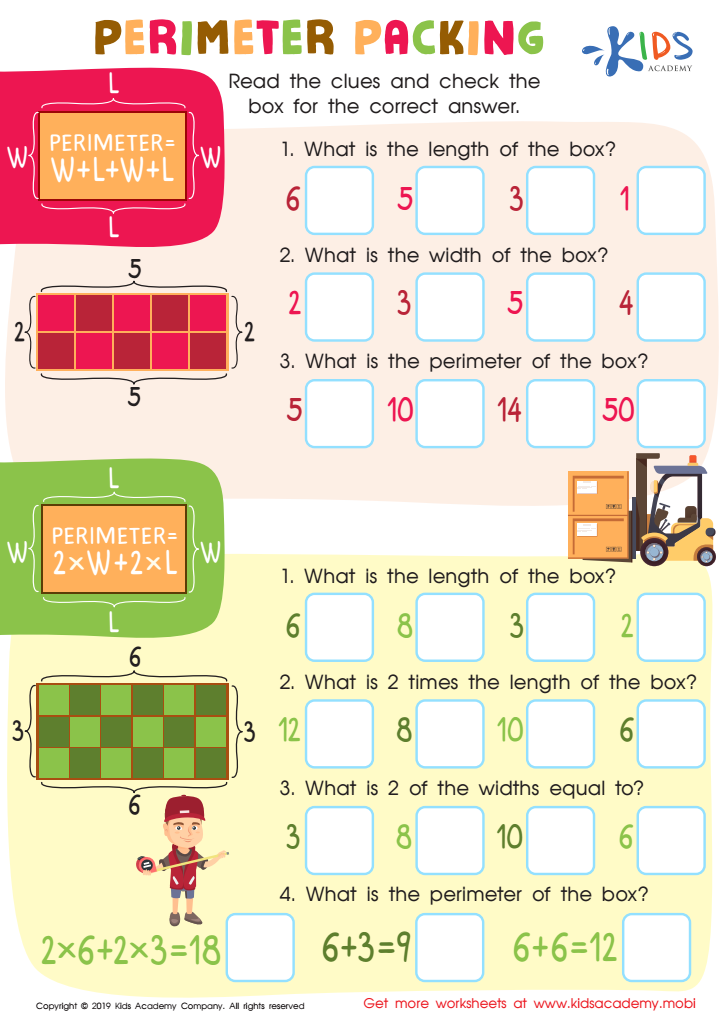

Perimeter Parking Worksheet
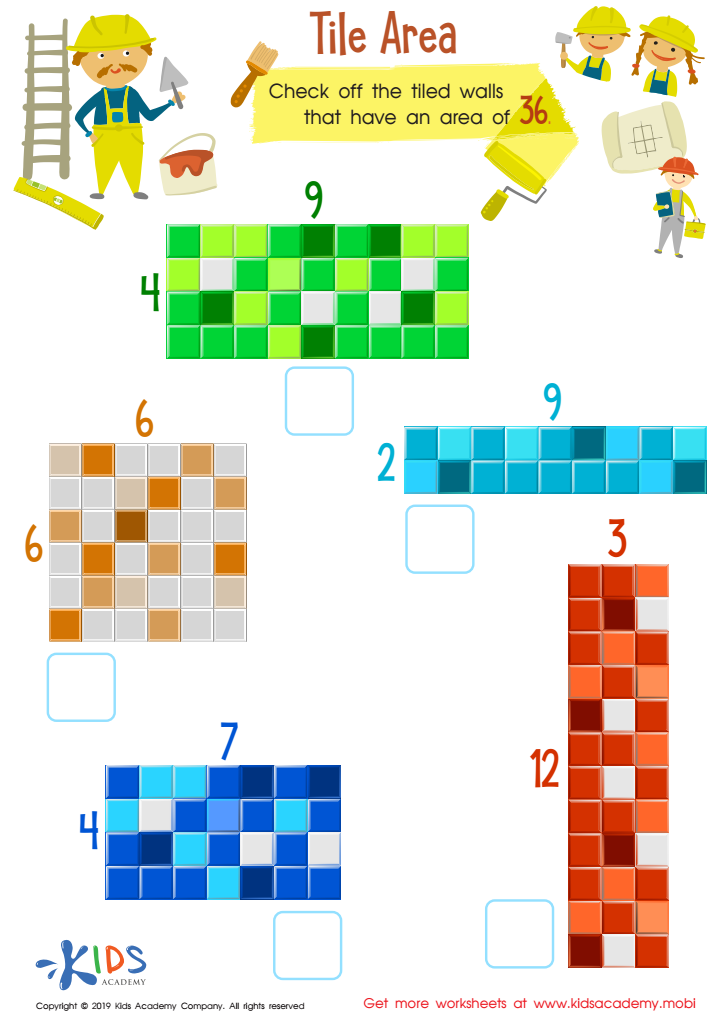

Tile Area Worksheet
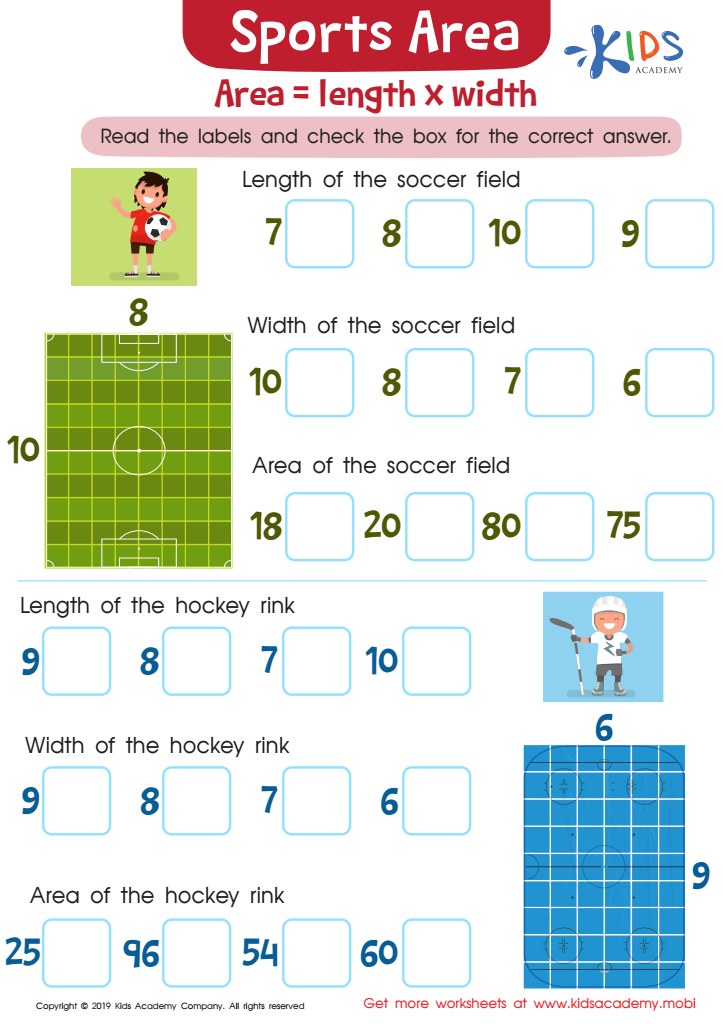

Sports Area Worksheet
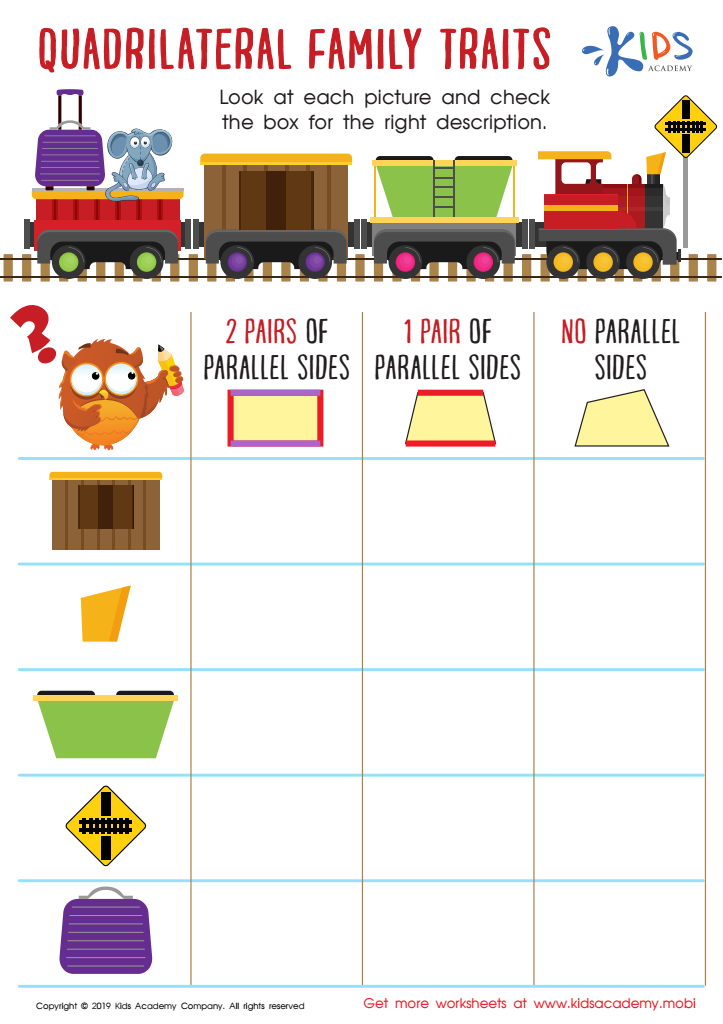

Quadrilateral Family Traits Worksheet
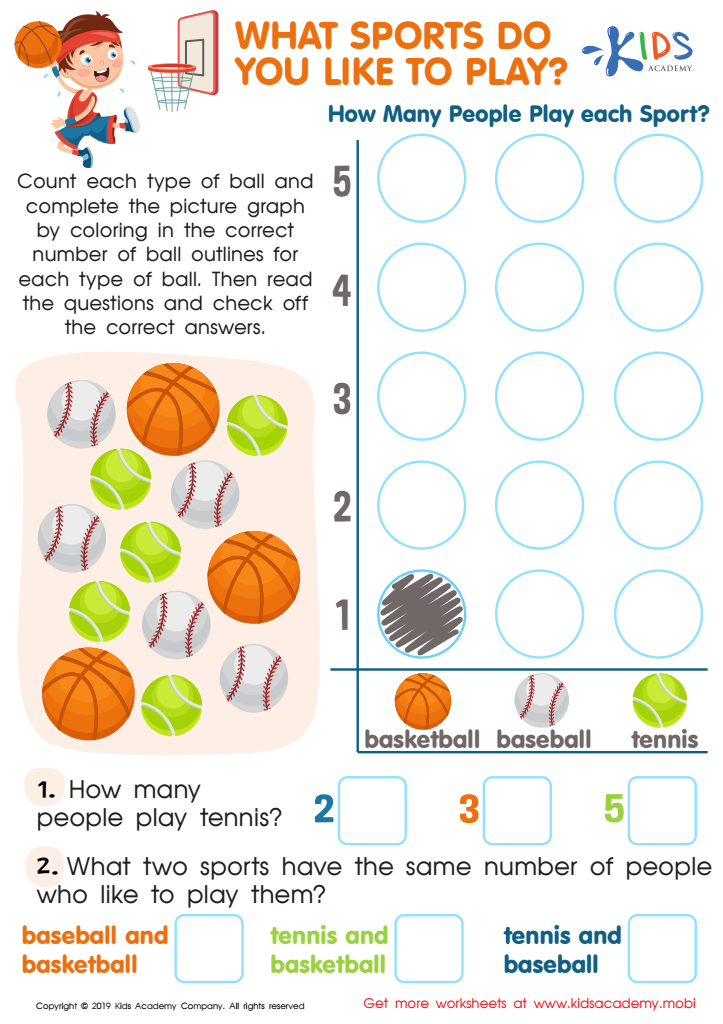

What Sports Do You Like to Play Worksheet
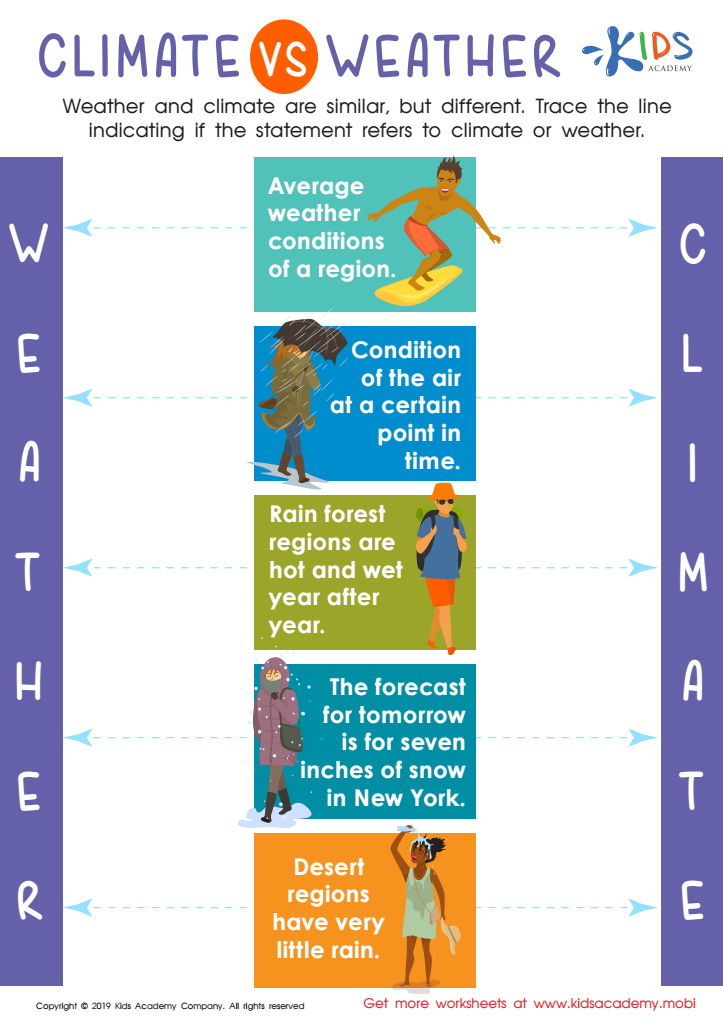

Climate vs Weather Worksheet
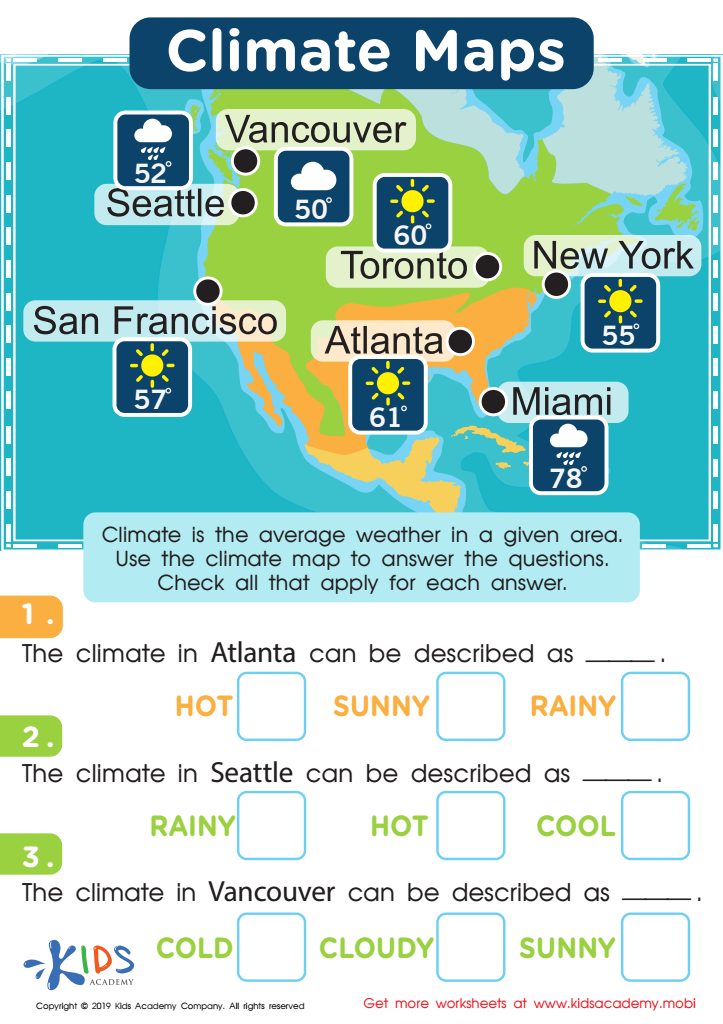

Climate Maps Worksheet
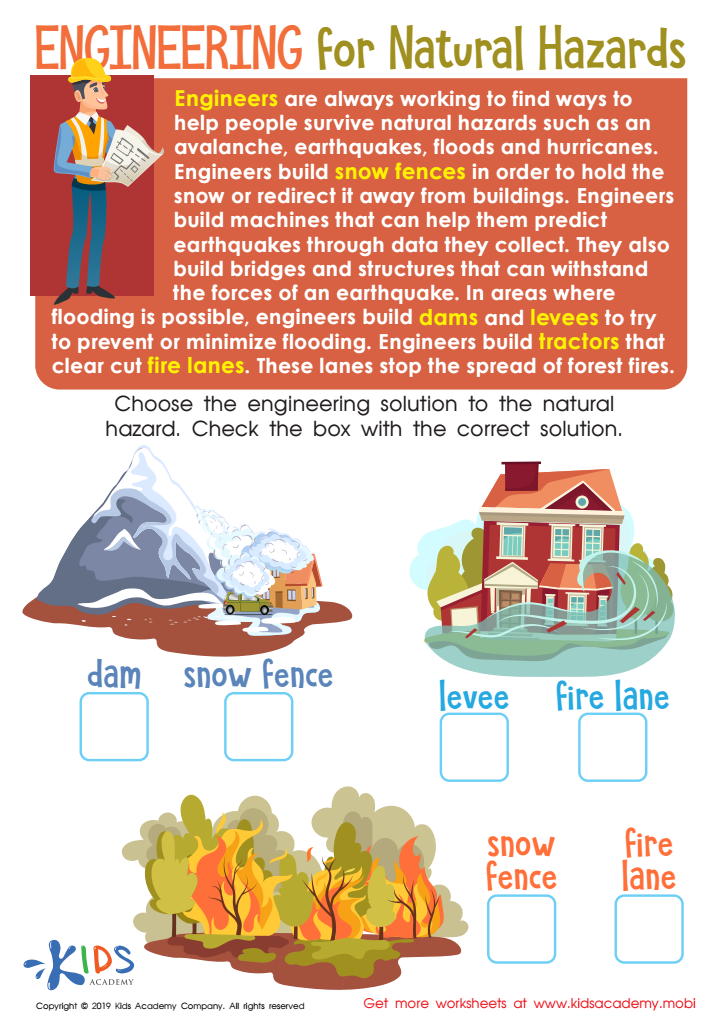

Engineering Natural Hazards Worksheet
Normal development for children aged 3-9 is a critical period when foundational skills are established, greatly impacting future learning and emotional well-being. Parents and teachers should care about this developmental stage due to several reasons.
Firstly, children in this age range undergo significant cognitive, social, and emotional growth. Understanding "normal" helps caregivers identify typical behaviors, enabling them to support healthy development and intervene when necessary. For instance, recognizing typical speech milestones aids in early identification of potential speech delays.
Secondly, this age is crucial for developing social skills and emotional regulation. Normal behavior expectations help adults nurture empathetic relationships and guide conflict resolution among peers. Parents and teachers can cultivate an environment that promotes cooperation and communication.
Additionally, supporting normal developmental milestones fosters a sense of security and self-worth in children. When parents and teachers celebrate achievements and provide constructive challenges, they instill confidence and a love for learning.
Moreover, awareness of developmental norms fosters collaboration between home and school, ensuring children receive consistent support. Overall, caring about normal development is essential for fostering well-rounded, resilient children, setting the stage for successful lifelong learning and healthy relationships.

 Assign to My Students
Assign to My Students





















